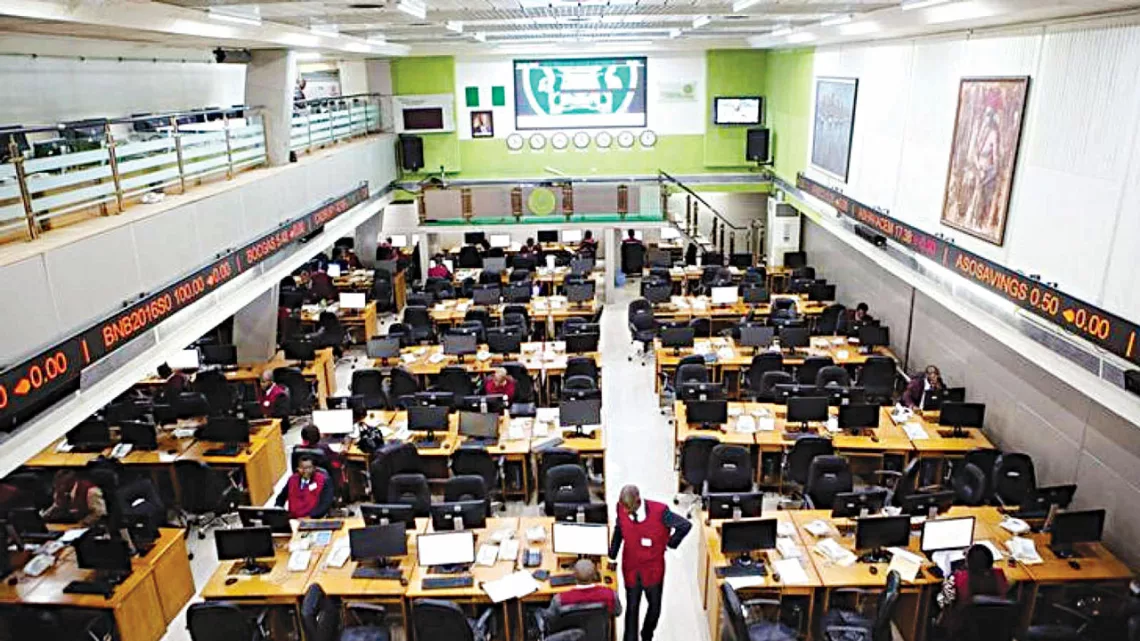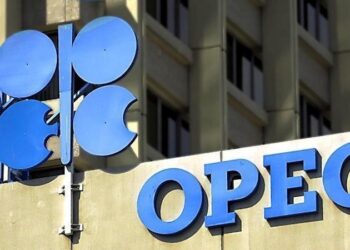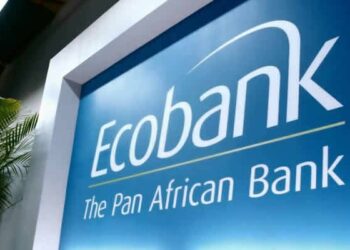Over the years, the international and domestic capital markets, in exploring various forms of funding options, have facilitated the prominence of ethical-based debt financing.
In recent times, the government and corporate entities in Nigeria have increasingly been accessing the capital markets to attract funding from investors inclined to a peculiar form of ethical-based debt instruments known as ‘Sukuk’.
The Debt Management Office (DMO) recently opened an offering for a 10-year N100 billion Forward Ijarah (Lease) Sukuk instrument at a rental rate of 15.64 percent per annum, payable half-yearly.
The offer at N1,000 per unit is subject to a minimum subscription of N10,000 and in multiples of N1,000 thereafter.
Meanwhile, this year, the Nigerian Exchange has listed FGN Roads Sukuk Company 1 Plc N250 billion, 10-year, 13.00 per cent Ijarah Sukuk; and listing of Family Homes Sukuk Issuance Program Plc’s N10 billion, 13 per cent, Series I Ijara Lease Sukuk due 2028 under N30 billion Sukuk issuance programme.
Sukuk refers to sharia-compliant financial instruments representing undivided interests in the ownership of defined assets. Sukuk are based on prescribed principles of Islamic law, and ‘Sukuk’ as an Arabic term relates to investment certificates or notes that indicate proportionate interest of the holders in the ownership of tangible assets, usufructs and services; or investment in the assets of particular projects and activities that adhere to the principles of Shariah.
It has been noted that Nigeria’s infrastructure stock is estimated to be about 35 per cent of GDP and Nigeria requires an investment of $3 trillion in infrastructure over the next 30 years.
Benefits Of Sukuk
Sukuk complies with Sharia principles while boosting the standard of living in society and assisting the economy. However, Sukuk also brings several other important benefits.
Sukuk affords domestic issuers an opportunity to gain access to funding from international markets.
It ensures that every financial activity is backed by real economic activity, thus promoting financial stability and real economic development.
It provides an alternative investment opportunity for the ethically conscious populace, as well as the conventional investors who are seeking liquid, diversified and attractively priced instruments with stable returns.
Sukuk structures mandate accountability and transparency to investors due to its Shariah-compliant nature, thereby promoting better corporate and institutional governance.
Future Of Sukuk In Nigeria
The Sukuk market is currently attracting attention globally. It is expected that it will continue to attract more attention, especially from some of the world’s largest institutional investors who may consider Sukuk as the most effective way of investing in emerging markets and diversifying their investment portfolios in Nigeria.
In the coming years, more Sukuk issuances from multi-national corporations will likely surface, especially those with significant operations in the Muslim societies. Analysts noted that “in Nigeria, Sukuk bonds are a viable investment option and are beginning to gain more investors’ attention and confidence. The Debt Management Office recently listed the N162.557 billion ($292 million), seven-year, government Ijarah Sukuk with a rental rate of 11.20 per cent on the floor of the Nigerian Exchange Limited and FMDQ Securities Exchange Limited, which further confirms the viability of Sukuk as a financing option.
“There are approximately 90 million Muslims residing in Nigeria and this population creates a reasonable mass for Islamic Finance in the retail, corporate and SME landscape, all of which could help grow both corporate and sovereign Sukuk issues in Nigeria.”
The director-general of the Securities and Exchange Commission (SEC), Mr. Lamido Yuguda at the official launching ceremony of the FMDQ Green Exchange in 2021, said the Commission remains a strong advocate for the promotion of infrastructural development through sustainable financing as it believes that the huge budget deficit and infrastructural gap in the country can be financed by harnessing resources available from sustainable finance investors and interest groups around the world.
“Without doubt, there are tremendous opportunities in the areas of power generation and transmission, rail transportation, housing, agriculture and water among others, where sustainable financing can be an avenue for the private sector to partner with government in the overall drive for prosperity and economic development.”
The CEO of APT Securities and Funds Limited, Mallam Garba Kurfi says that Sukuk are certificates issued to investors representing a tangible asset, service, project business or joint venture, saying the asset must be Shariah-compliant. Sukuk has been issued so far by Osun State and three times by the federal government.
He added that “Sukuk bonds are an ethical type of investment, designed to for specific purposes in a country. It is very secure, therefore one of the best risk-free ways to diversify your portfolio. Sukuk bonds can also be traded on the stock market or used to get loans from banks. Investing in this bond comes with many benefits and zero risks, therefore I recommend it for investors.”





